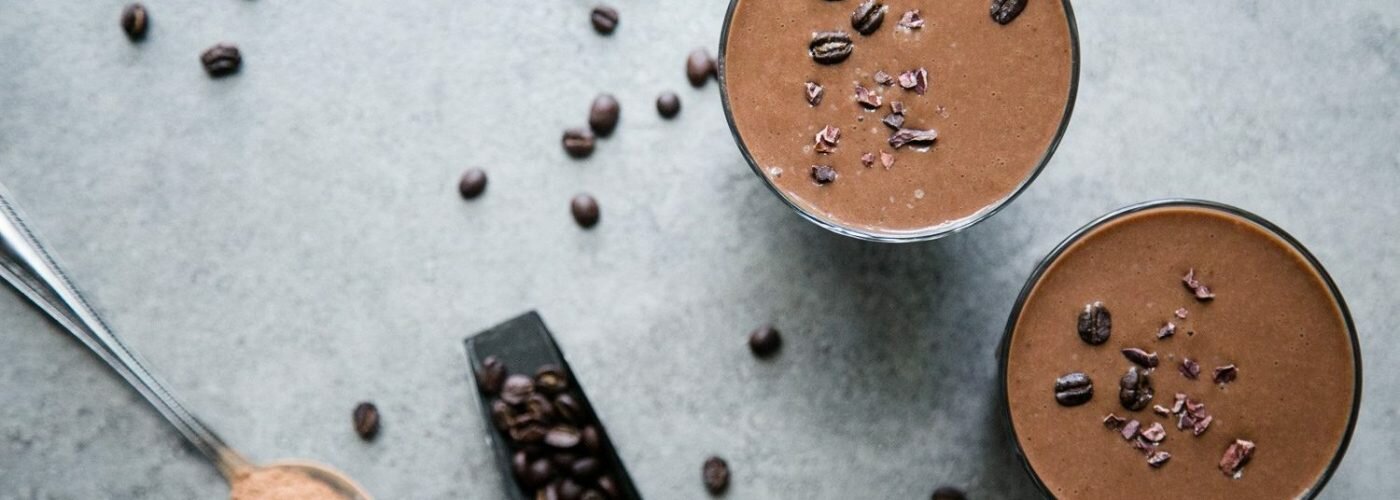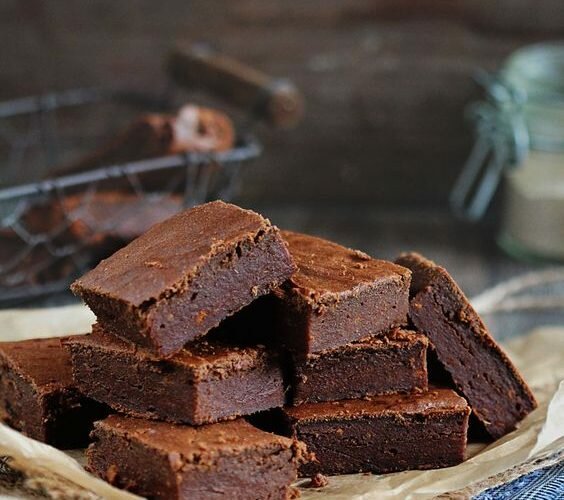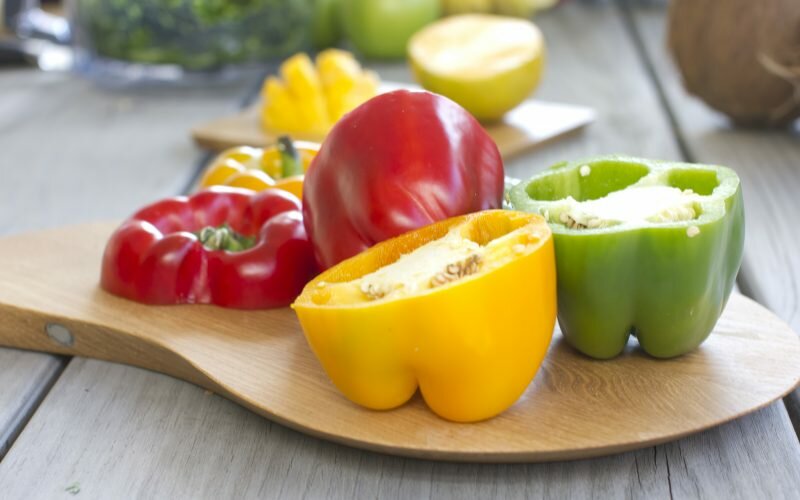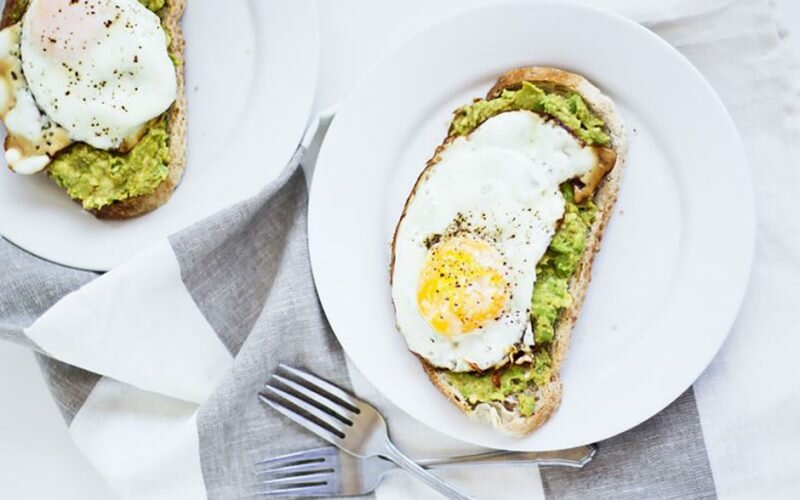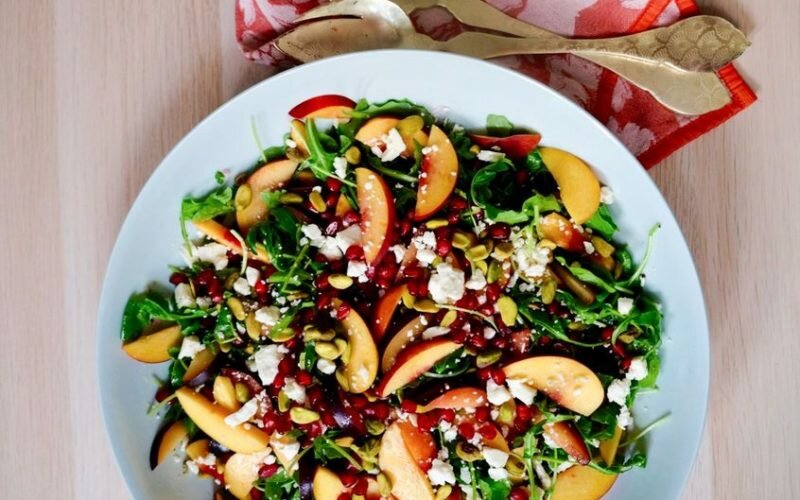Beauty comes from the inside out. That’s not just another line you tell your best friend after being dumped. There’s actually scientific evidence to prove it!
Don’t waste your money on expensive lotions and creams. The ingredients needed to make you look younger start with what goes in your body, not on it. We’ve researched the science behind looking younger and broken it down into simple nutrients you can add to your diet to keep that youthful glow.
Eat These Nutrients To Look Younger
1. Vitamin C
The most important antioxidant for reversing the unsightly effects of aging. You can find it in citrus fruits like; lemons, limes, organs, and grapefruits. It’s also in blackcurrant, rose hip, guava, chilli pepper, and parsley.
In excess amounts, the sun can cause damage to the epidermis (top) layer of the skin and destroy collagen. Vitamin C makes your skin beautiful by reversing the harmful effects of UV exposure by neutralising free radicals and stabilising the structure of collagen. It can also be used to treat hyper-pigmentation.
Although vitamin C alone can help improve your skin, taking it in conjunction with vitamin E makes it four times as potent. Pair some of these ingredients together for a refreshing dairy-free smoothie.
2. Vitamin E
When it comes to anti-aging, vitamins E and C are besties. They work together to protect cell membranes, enzyme sites, and DNA from damage against free radicals. You’ll find high amounts of Vitamin E in almonds, sunflower seeds, hazelnuts, spinach, kale, and avocado.
Because vitamin E is a lipid-soluble antioxidant, it can easily access cell membranes of skin cells and protect them against cell-damaging lipid peroxidation and the destruction of collagen, both of which contribute to the skin’s appearance of aging .
3. Collagen
Collagen is a naturally occurring and abundant protein found in the body. In fact, it makes up 75 percent of the dry weight of skin and one-third of the total amount of protein in humans.
Collagen supports both the structure and elasticity of the skin. But just like your eyesight, collagen diminishes as you get older.
One way to replenish your collagen storage is be eating it. There aren’t any significant sources of vegetables so you have to turn to animal sources for large doses. We prefer wild caught fish as opposed to the gelatinous beef versions, from both a quality and environmental perspective.
Also, don’t forget to include a healthy dose of Vitamin C with your collagen. That combination is what creates collagen synthesis. It’s why our Forever Young pairs up marine collagen with the two highest sources of Vitamin C in the world.
4. Carotenoids
These guys are rich in antioxidants that have photoprotective properties. You can find them in; carrots, sweet potatoes, pumpkin, mango, and papaya.
The skin already contains large amounts of carotenoids; however, dietary supplementation of foods high in carotenoids can further accumulate in the skin and protect against UV damage. Try blending some of these ingredients together in a healthy smoothie for breakfast.
5. Polyphenols
These plant-based compounds provide protection. You can find polyphenols in green tea, chocolate, and legumes.
Green tea, in particular, is well known for its ability to reduce skin inflammation due to UV exposure, DNA damage, oxidative stress and may even be able to prevent skin cancer.
Green tea works great during a detox cleanse as it removes toxins and improves the immune system. Add cacao powder to your smoothies or even your homemade granola recipe for a polyphenol boost.
6. Flavonoids
These guys are the largest class of polyphenols. They’re found in spicy Indian herbs such as cumin, coriander, brown mustard seeds, Kashmiri chillies, turmeric (curcumin), cassia bark and green cardamom.
Flavonoids are antioxidants that help take years off your skin by protecting, healing, and preventing cellular damage. Try experimenting with these herbs in a healthy soup for dinner.
7. Prebiotics And Probiotics
You’ll find high concentrations of pre and probiotics (the ‘good bacteria’ for your gut) in; chicory root, artichoke, asparagus, onions, bananas, kombucha, and dairy-free yogurt
Probiotics and prebiotics aid in skin health by boosting the immune system, which predominantly resides in the gut. Similar to gut microflora, the microflora in skin also needs to be healthy in order to function at its best.
Research shows that the probiotic strain Lactobacillus has been shown to restore the immune health of the skin that has been compromised because of UV exposure in humans.
8. Essential Fatty Acids
Flaxseed, chia seeds, pumpkin seeds, leafy vegetables, walnuts and sesame seeds are high in essential fatty acids, which can help keep the skin hydrated and prevent dryness and wrinkle formation caused by chronic UV exposure. They’re also great in healthy salads!
Conclusion
L’Oreal can’t save a bad diet.
Your skin health is directly related to what foods you ingest into your body. So get stuck into foods with vitamin C, E, and collagen. As well as foods with good fats and good gut bacteria. And don’t forget to drink lots of water.
